FMU-139D/B: High-Rate Production, Extreme Capability
Automated Production Line and Committed Team Bring Unmatched Capability to the Warfighter Faster than Ever
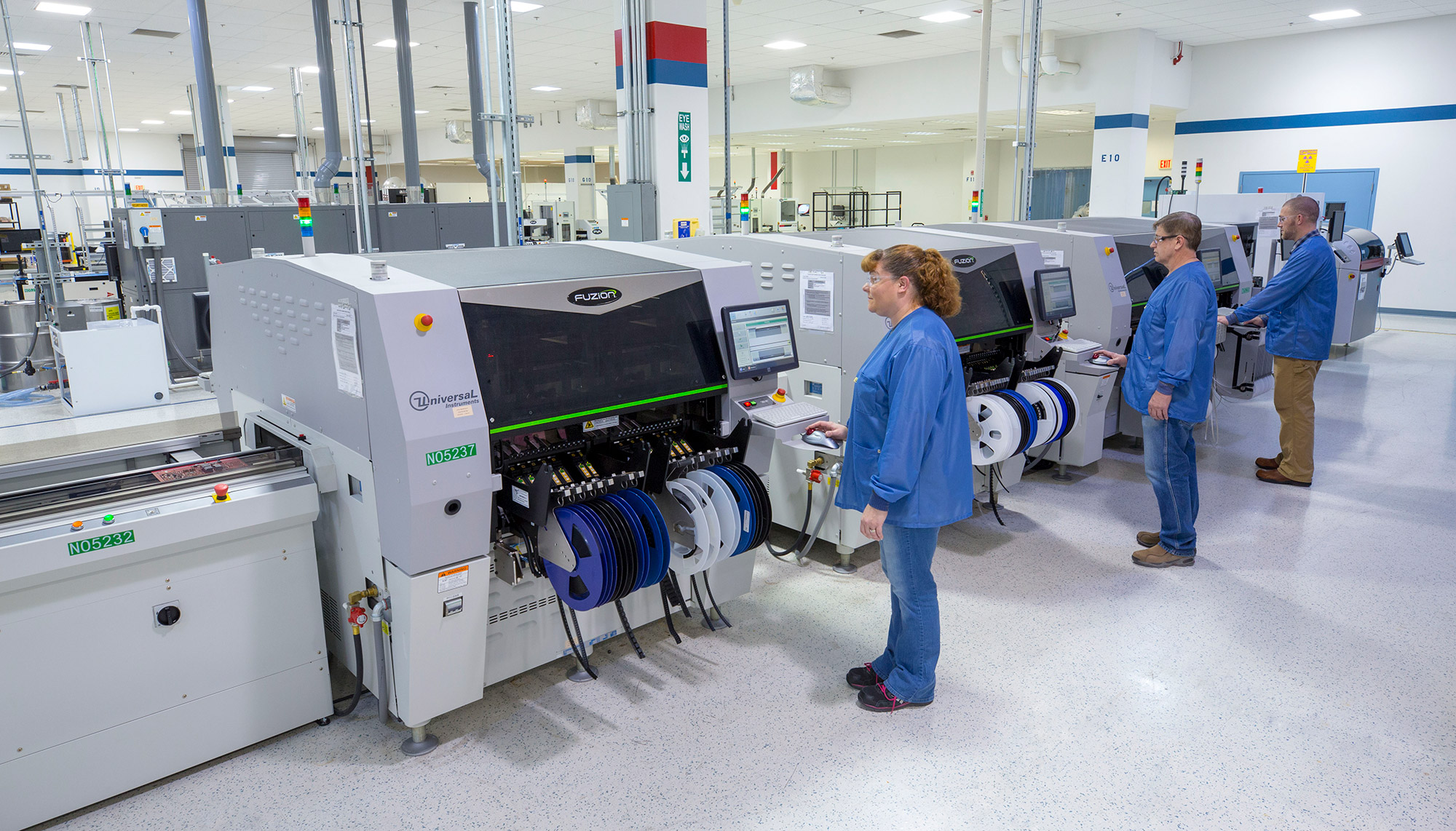
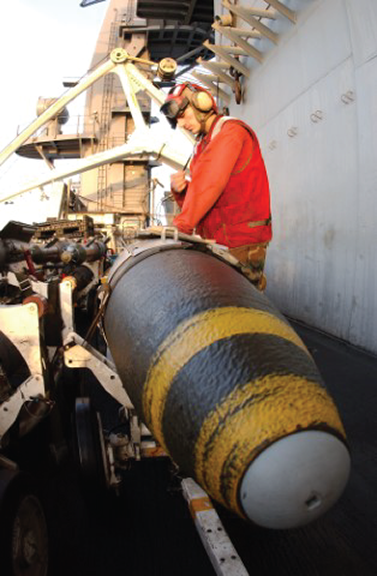
By Presley Price
For years, warfighters have depended on the reliability and survivability of the FMU-139 series bomb fuze to defeat a wide range of threats. Stemming from its experience as the first to deliver an all-electronic fuze, the FMU-167 Hard Target Void Sensing Fuze, to the Air Force and Navy, Northrop Grumman introduced the most advanced version ever of the FMU-139 in 2015, the FMU-139D/B, and transitioned to full-rate production in 2020. Since then, the FMU-139D/B has exceeded all customer expectations and has been embraced by the U.S. Navy, and Air Force as well as multiple international customers.
Making Bombs “Smart”
The FMU-139D/B is an all-electronic “smart” bomb fuze that delivers the technology of the future to the warfighter today. Prior to this fuze, U.S. general purpose fuzes were electro-mechanical – a combination of electronics with moving mechanical parts to align the explosive-train. With no moving parts to fail, the fuze’s functionality and survivability greatly increase. Because the fuze relies on electronics to safely arm the device, its reliability is also greatly increased as 100 percent of the fuze’ functionality can be tested before the fuze is delivered to the customer.
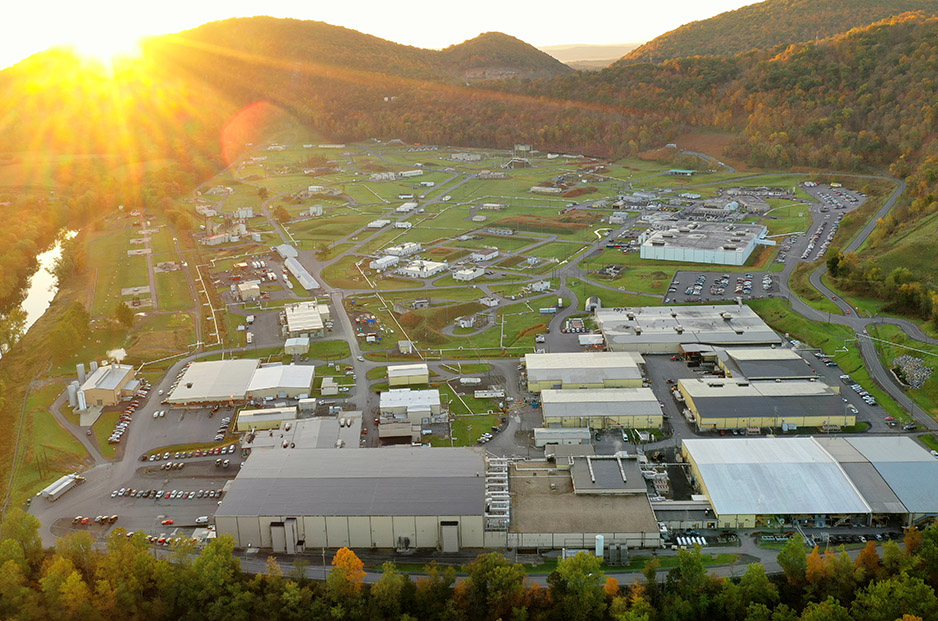
Factory of the Future
The fuze is produced at the NAVSEA-owned, Northrop Grumman-operated Allegany Ballistics Laboratory (ABL) in Rocket Center, West Virginia. ABL is a national resource supporting the Defense Industrial Base (DIB). The FMU-139D/B manufacturing line was purpose built for high-rate production with nearly 70 percent of the manufacturing processes being automated.
“We’ve removed the human error factor you’d typically induce with building an electromechanical fuze. The highly automated and repeatable processes results in a quality fuze produced every time.”
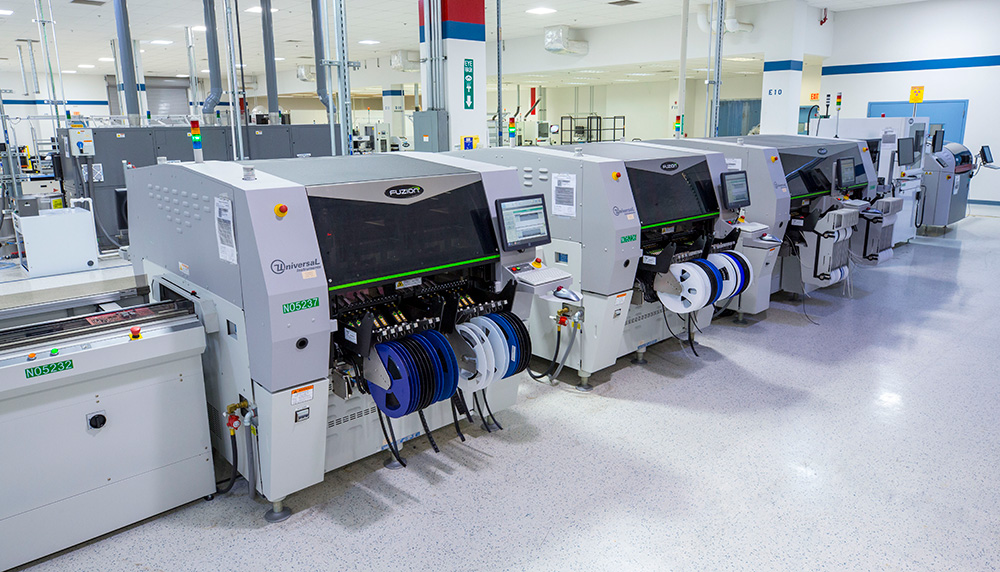
From the very beginning, the FMU-139D/B was designed with manufacturability in mind. Northrop Grumman used advanced modeling and simulation tools to design the production line, identify potential choke points and eliminate obstacles before they existed. In the end, with the right equipment and right operators in place, the factory is designed to produce up to 85,000 fuzes per year, more than three times the number of bomb fuzes that have historically been produced in a given year. And because quality and speed are both non-negotiable when it comes to equipping U.S. Forces and our allies with best-in-breed products, the production team at ABL have accomplished 100 percent Lot Acceptance Test (LAT) success with the fuze as well as the associated FZU-48A/B Wind Turbine Alternator (WTA), which is used to generate power for the fuze. The team continuously analyzes its processes and invests in technology to optimize production and drive down costs while maintaining near perfect quality metrics.
This is another illustration of Northrop Grumman’s robust support to the Defense Industrial Base with key investments aligned to strengthen weapons capacity for the U.S. military and our allies. By investing in disruptive technologies, advanced manufacturing techniques and purpose-built infrastructure, the company is manufacturing advanced weapons in a smarter way to deliver unmatched capability to the warfighter faster than ever.
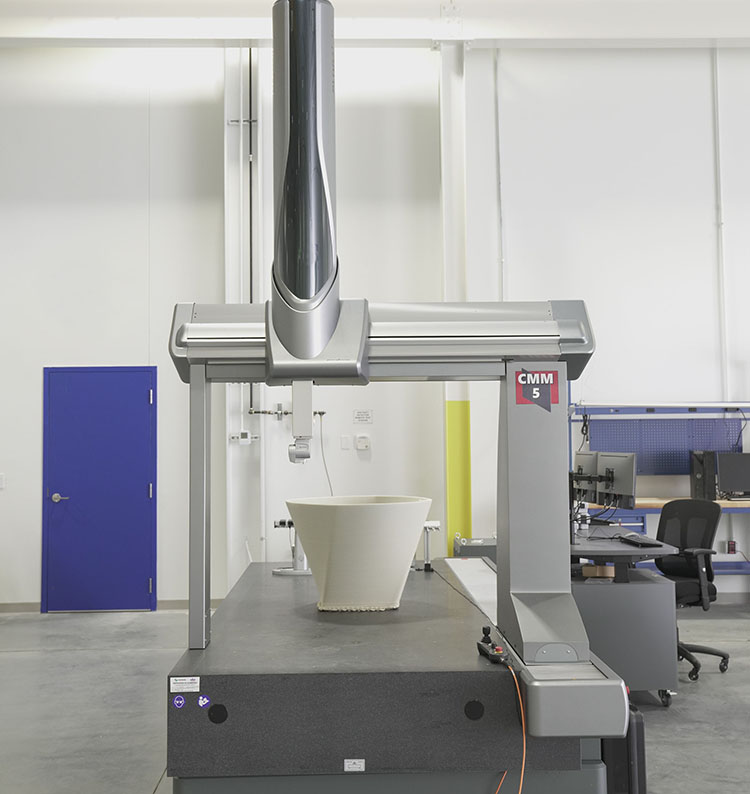
Key Investments to Ensure Mission Readiness
Ensuring readiness by continually investing to produce weapons affordably at scale and rapidly deliver to the field.